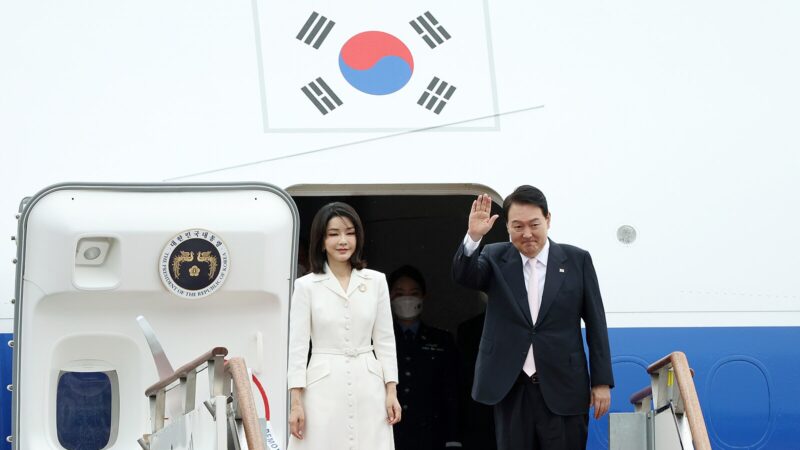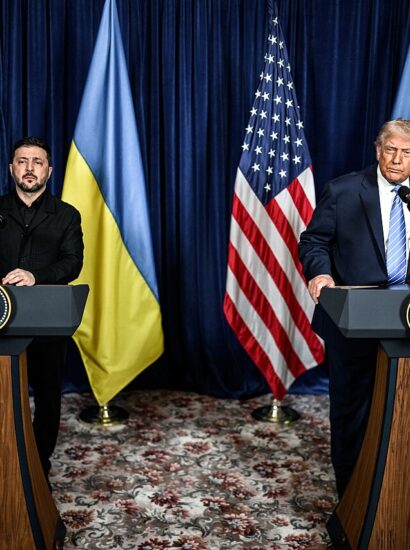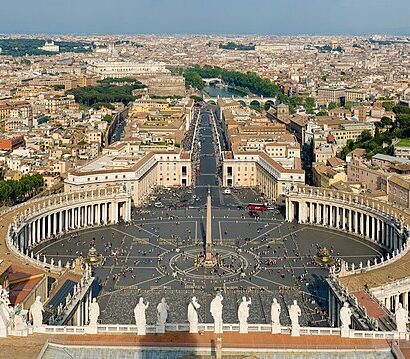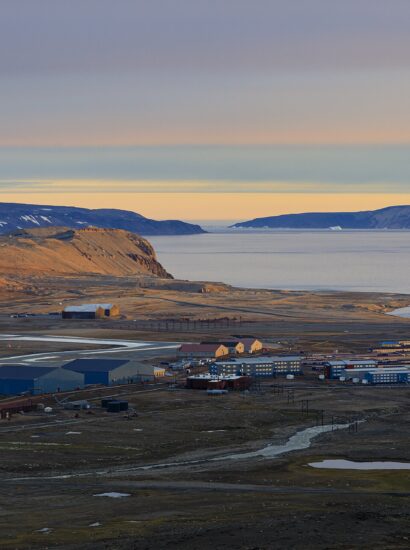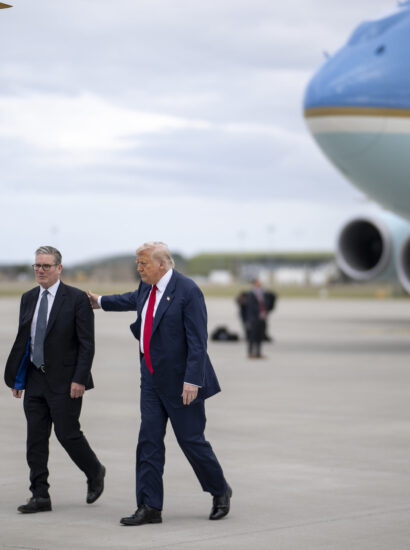Just over a week ago, late on the night of 3 December, the most unexpected political act in the Republic of Korea took place. South Korean President Yoon Suk Yeol, in a brief and surprising televised announcement, declared “martial law” for the first time in the history of South Korean democracy.
Thanks to the vivid and tragic memory of the South Korean dictatorship and the last martial law in 1980, Korean society and the political elite reacted immediately to this extreme measure with strong action, proving that they were ready to defend their democracy. What we don’t know yet is how much the video footage of military helicopters and paratroopers outside the National Assembly has damaged confidence in the Korean political system and whether the process of derecognition will weaken or strengthen one of Asia’s most solid democracies.
The Memory of the Dictatorship
The coup attempt, which lasted only a few hours, was the result of a combination of long-standing political crises in South Korea. The main actor in this story, President Yoon, was elected in May 2022 by a narrow margin of less than one percent, thanks largely to the unpopularity of the opposition Democratic Party.
During his presidency, his conservative People Power Party (PPP), never had a majority that would give him a strong mandate, and the various problems of Korean society, from the critical housing crisis to demographic problems to the unemployment problems of young graduates, increased the anger against his presidency.
The political problems were compounded by the months-long doctors’ strike and the opposition’s blockade of the new budget.
So, after two years of unsuccessful governance, the president – after a desperate decision – declared martial law, hoping that banning strikes and critical articles would help solve his political problems.
But the old-fashioned, politically inexperienced former prosecutor didn’t take into account that the memory of the dictatorship is still so vivid in Korean society that it is ready to resist this questionable move. Despite the army blockade of the National Assembly, MPs, with the help of civilian protesters, stormed into the building, fought confused soldiers with umbrellas and fire extinguishers, and voted unanimously against martial law, including members of the ruling party. It is frightening to imagine what could have happened if martial law had stayed in effect and banned political demonstrations in a country where the tradition of demonstrations is so strong that tens of thousands of people take to the streets every weekend to demand their rights. In any case, the general lesson of the Korean coup attempt is that strong social reaction in the first hours determines the outcome of the process.
The Six-hour Political Thriller
As we had the opportunity to ask some locals for their opinions, it is clear that while the younger generation is also furious, the older generation is even more enraged due to their tragic personal experience of the last martial law, when the military brutally crushed the pro-democracy uprising in the southern city of Gwangju in 1980, killing at least 200 people.
As a result, thousands of elderly supporters of Yoon’s PPP left the political formation.
The six-hour crisis also caused great confusion and mistrust among international actors.
It was clear from the outset that the president’s declaration of martial law on the grounds of “opposition links to North Korea” was nothing more than an unfortunate domestic political maneuver. The fact that it happened in a country where the United States has been stationing more than 28 000 troops and only a few kilometers from North Korea however, meant that such steps could not be taken lightly, and international confidence in Korea suffered considerable damage. As the news emerged days later, Yoon’s move also caused great confusion in North Korea, where a crisis meeting was ordered to check on possible North Korean military units in case any of them took an isolated action that triggered this move in the South.
A travel ban has been placed on South Korea’s President Yoon Suk-yeol as protests continue for his impeachment following his attempt to impose martial law. pic.twitter.com/rr8uONR7MN
— Al Jazeera English (@AJEnglish) December 10, 2024
Despite the National Assembly’s unanimous vote against martial law, Yoon’s senior aides’ resignation the next morning, and continuous mass demonstrations against the President, the outcome of Yoon’s political turmoil is still unclear.
While he apologised for his decision on Saturday, he now seems to be a failed and stigmatised politician, but it is not yet clear how long he can remain in office. The opposition’s impeachment motion failed on Saturday because the two-thirds majority was impossible without the ruling PPP members who boycotted the first vote. But the opposition will try again this week. Although Yoon escaped the first round of voting, the political firestorm seems unstoppable.
What’s Next for South Korean Democracy?
The president has been banned from traveling abroad and his former defence minister, Kim Yong Hyun, has already been arrested in connection with the case for allegedly conspiring to impose martial law. After parliament appointed an independent special counsel to investigate Yoon and other top military officials, hearings began.
And it’s becoming clear that Yoon’s deeply undemocratic move was not just an ill-considered legal move, but an attempt to use the potential of military power to prevent the National Assembly from voting against martial law or to arrest politicians and other figures.
Although the Korean people have shown that they are ready to defend their democracy, the political and legal accountability for martial law has only just begun. Whether Korean democracy as a whole will emerge stronger or weaker from this story will only be known at the end of the long legal process, just as we will only know later whether President Yoon will be seen as having taken the first step towards the end of democracy in South Korea, or as having made the biggest political mistake in the history of Korean democracy.

